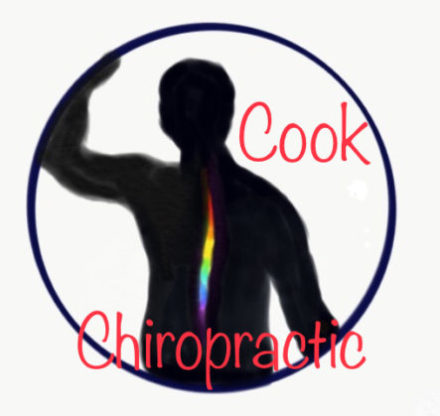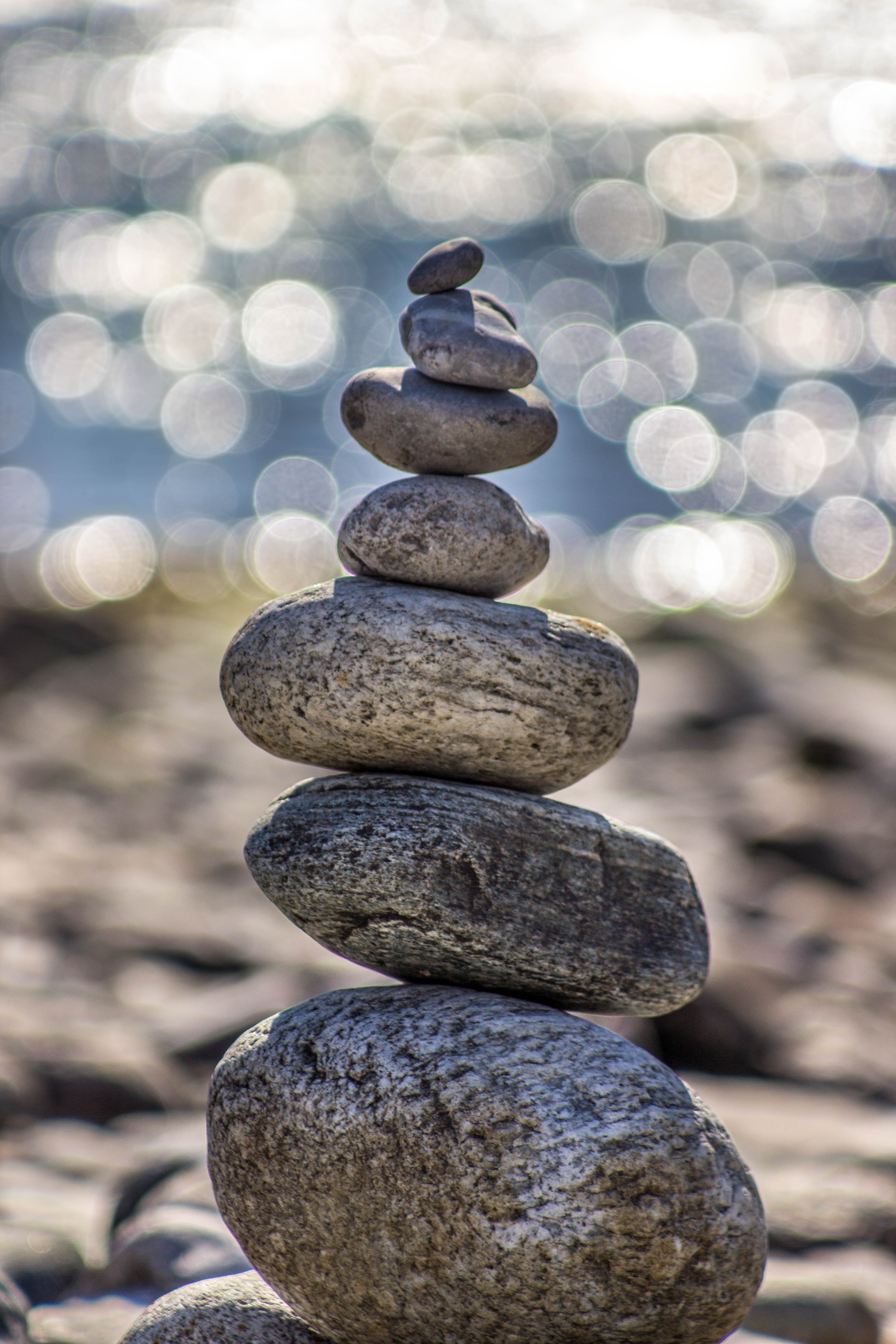If you are suffering from lack of energy, you may be low in vitamins/minerals.
- Low B-vitamins. This can happen if you have digestive issues (heartburn, indigestion, diarrhea,

Suffering from a lack of energy? constipation, etc.), even if you don’t realize you have a problem. It can also happen from poor diet-not eating enough essential fats and foods rich in B-vitamins. Sufficient stomach acid is necessary for the absorption of B-vitamins and magnesium, as well as other vitamins/minerals/essential fats, etc. A good B-complex is essential in this case, taken with a supplement that helps the stomach digest nutrients, such as a betaine HCl (hydro-chloric acid that comes from beets). (See below). Apple Cider Vinegar (ACV) is a cheap, easily obtainable option for those who like the taste. 1T in 1/2c of water taken with meals is usually enough. The B vitamin B-12 can be taken under the tongue (sublingually) and absorbed through the mouth, avoiding the stomach acid issue, but you still need a separate B-vitamin for the rest of the B-vitamin complex.
- Increase Magnesium (Mg) levels. Eat nuts, fish, or consider a supplement. While I always prefer that we get our nutrients from good quality food sources, sometime, because of poor quality soil in which the food was grown or a dislike for certain foods, we don’t always get this. If this is the case, consider a Magnesium Mg supplement. Magnesium (which is often low with low stomach acid) is necessary for relaxation of muscles, proper sleep patterns, and decreased anxiety. A magnesium supplement may be needed as well B vitamins especially if you’ve had a history of heartburn, constipation/diarrhea, reflux, etc.
- Go for a walk: I know it’s the last thing you want to do when you have a lack of energy, but a little exercise can go a long way to increasing your energy. Going for a walk, preferably in nature with as flat a heel as possible (or barefoot if your feet are adapted to that) can help center your mind and take you away from stresses of daily life, which zaps your energy.
- Take a nap: Studies show that taking a short nap, around 20 minutes, can help relax the mind and thus help with energy levels. Don’t make it too late though. A nap after 5:00PM may make you drowsy and alter your sleep-wake cycle.
- Don’t skip meals: While we should be able to go for a while without food, in our modern lifestyles and unhealthy bodies, we don’t often tolerate skipping meals well. Missing meals causes a dip in blood sugar that can lead to fatigue. Try to eat protein and fat at each meal to help stabilize blood sugar.
- Reduce Stress: Anxiety is a large source of fatigue. Finding a relaxing activity to incorporate in your life, be it reading a book, listening to music, sitting outside, or whatever you find particularly relaxing can help. Anxiety causes fatigue, probably by depleting magnesium levels in the body.
- Drink more water: Sometimes dehydration can cause fatigue. Be sure you’re getting enough (divide your body weight in half. Drink this many ounces of water per day.) Avoid alcohol and caffeine which dehydrate you.
- Eat less sugar: Avoiding sugar decreases fatigue by avoiding the spikes and crashes of blood sugar mentionad above. Also, sugar causes depletion of vitamins and minerals. Use real honey instead to sweeten when necessary. (avoid honey blends which are mostly high fructose corn syrup)
- Avoid grains: Most people are sensitive to the substance in grains that protects it from predators. Even if you don’t have gluten sensitivity, you may be doing harm to yourself by eating these items, often causing sensitivity to milk as well. Try cutting these foods out completely for a few weeks. You’ll likely notice an improvement in your weight and energy levels.
- Check your thyroid: Have your thyroid checked. Thyroid problems are pretty common in the US, possibly because of our relatively low iodine diet. You can perform an iodine patch test to check your iodine levels. (This test can be done at our office for only $10. Call the office at 304-966-6344.)




